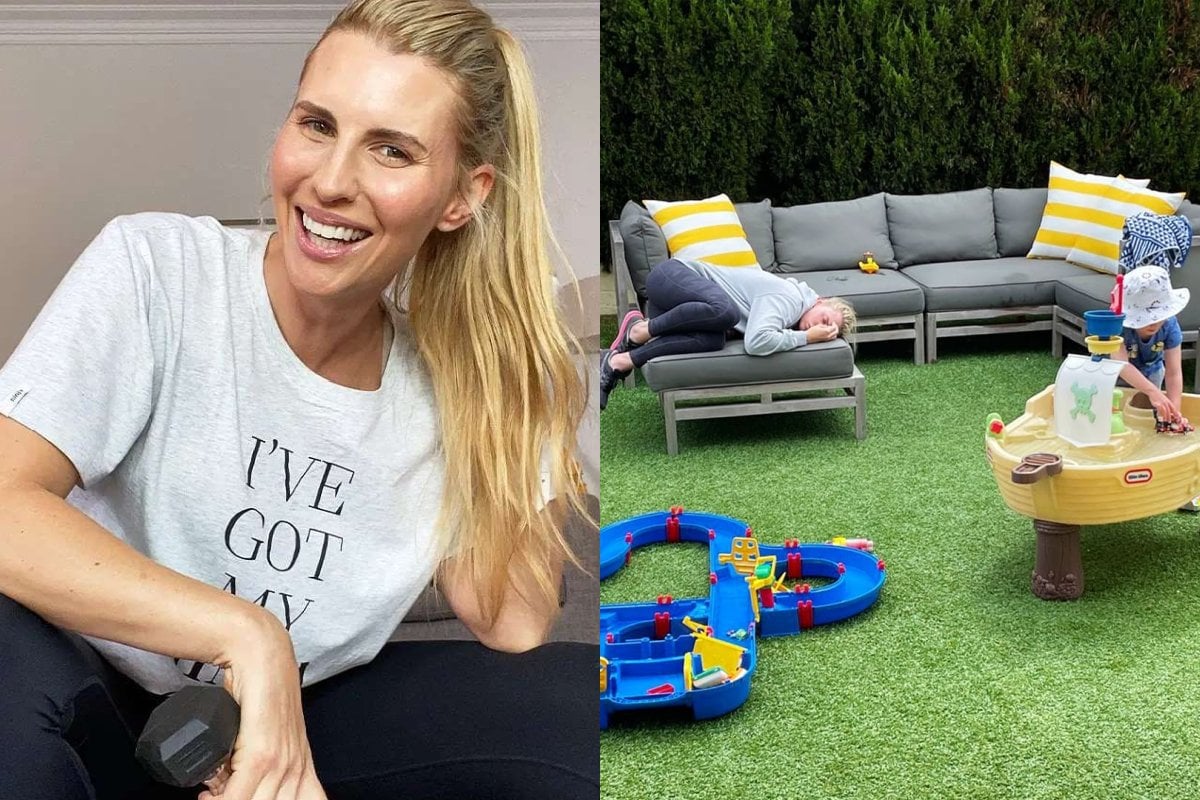
Tiffiny Hall is currently experiencing what she calls a "crash".
Two weeks ago, the trainer, author and mum launched her activewear line, TXO Flex. She was burning the candle at both ends, and it caused her to crash. Hard.
Getting out of bed in the morning feels nearly impossible, small tasks like brushing her teeth are an achievement, and exercise is out of the question.
She's also still recovering from major arm surgery, which makes things infinitely worse.
Crashes can last days, sometimes weeks. Hall never knows. Until one day, she wakes up feeling like a cloud has lifted.
In April 2021, the trainer announced for the first time on her Instagram that she has chronic fatigue syndrome (CFS), also known as myalgic encephalomyelitis (ME), and postural orthostatic tachycardia syndrome (POTS).


Top Comments